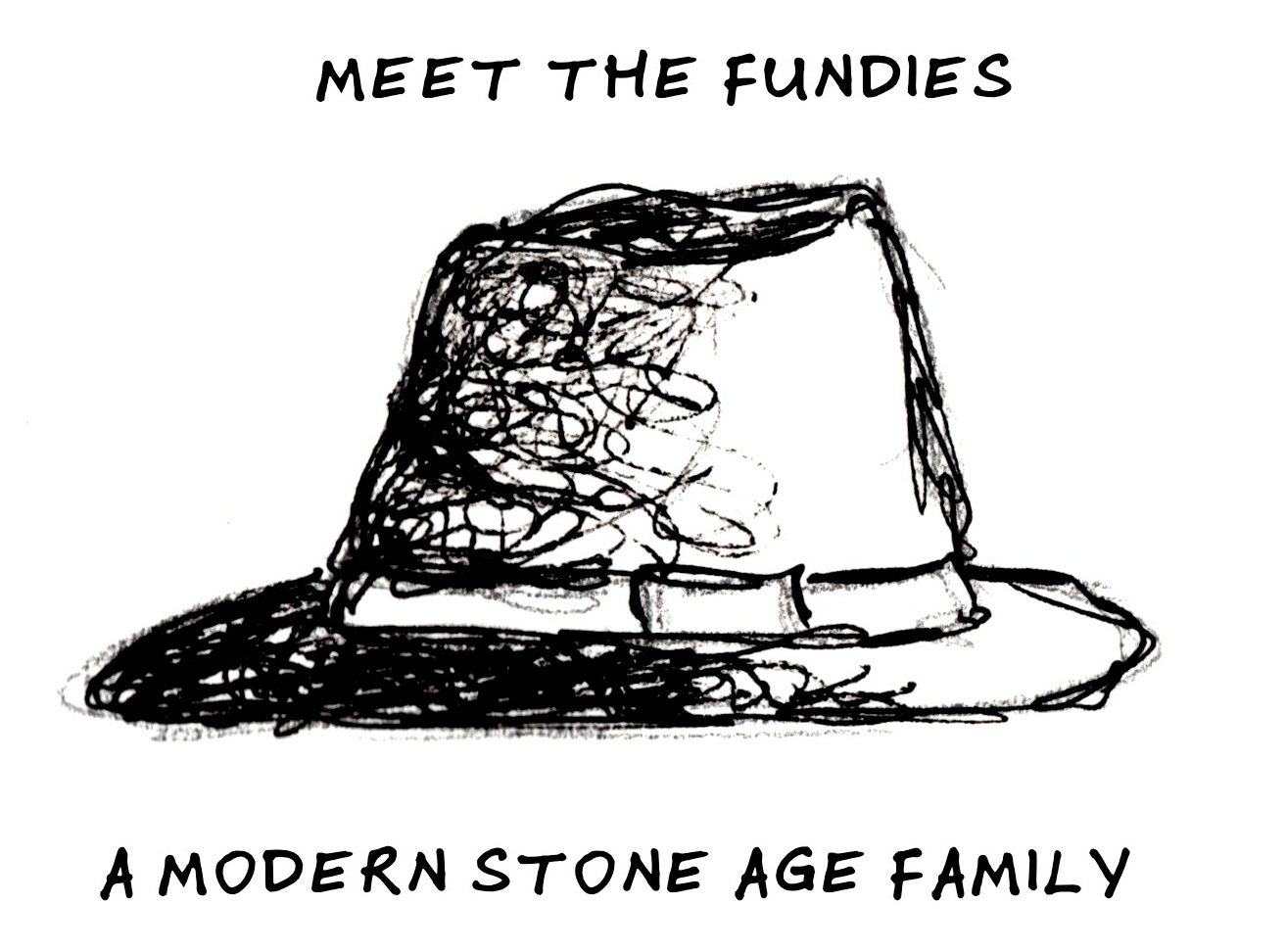‘You go to change your shirt before we leave?’ my mother asks.
‘Why?’ I ask.
She points to the three and a half inches of exposed skin below my neck. I’m about to look for another shirt when I remember that I’m fifty-four years old.
‘No,’ I say. ‘I’m not changing.’
I was already dreading the two remaining Sabbath meals with my family but now there’s added t…
Keep reading with a 7-day free trial
Subscribe to Brained by Orli Auslander to keep reading this post and get 7 days of free access to the full post archives.





